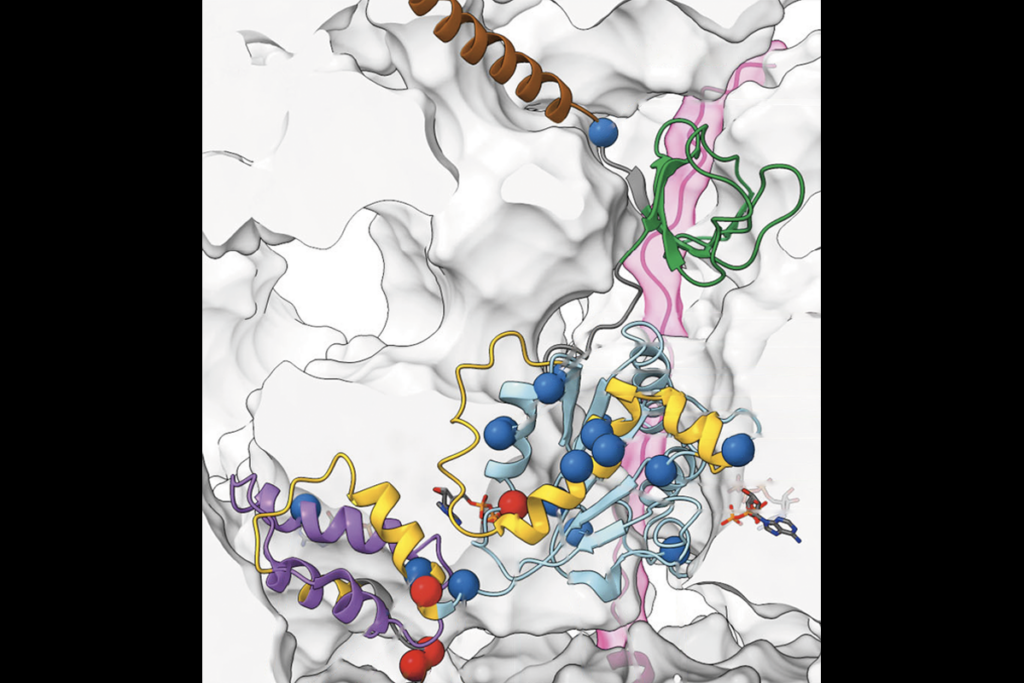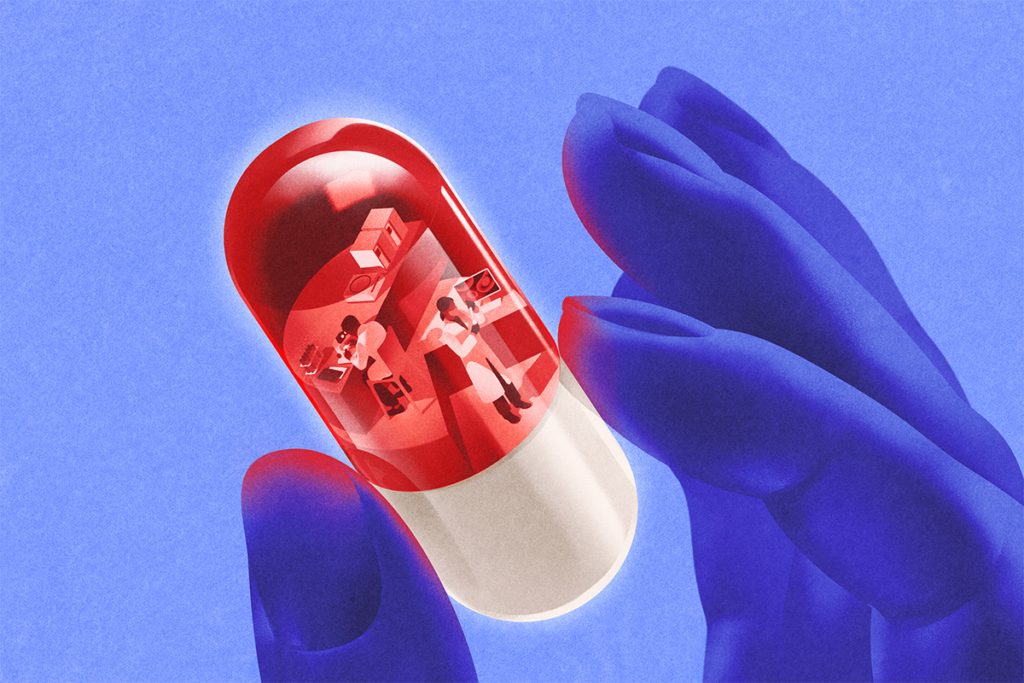Research roundup
- Children with intellectual disability are less likely than those with autism to get appropriate medical care; some of the disparity seems to derive from health insurance coverage. Journal of Intellectual Disability Research
- Siderius X-linked intellectual disability syndrome, a rare autism-linked condition characterized by developmental delay and facial dysmorphology, is caused by mutations in the PHF8 gene. HGG Advances
- The biotech company Stalicla has announced that its drug candidate STP1, indicated for autistic people, is safe and well tolerated and showed dose-dependent effects on the electrophysiology of brain regions involved in social communication. Business Wire
- Magnetic resonance imaging can detect differences in the myelination of specific cortical areas in autistic versus non-autistic children. Developmental Neurobiology
- Exposing human brain organoids to valproic acid, an epilepsy drug, influences the expression of a bevy of genes linked to autism or involved in neurodevelopment. Translational Psychiatry
- Estimates of the global prevalence of neurodevelopmental conditions vary widely because of differences in the criteria and procedures used, according to a review of studies. Child and Adolescent Psychiatry and Mental Health
- Autistic children are more likely than non-autistic ones to report that their gender identity does not match their gender assigned at birth, according to a survey of 244 children and their parents. Autism
- Autistic adolescents experiencing gender dysphoria tend to focus on their gender-related needs, whereas their parents tend to focus on their autism-related needs. European Child & Adolescent Psychiatry
- After listening to a sequence of sounds, non-autistic people have altered reactions to subsequent sequences, whereas autistic people react to each sequence without any apparent bias of experience. Journal of Neuroscience
Science and society
- Many British people hold misconceptions about autism, according to a survey run by Autistica, a U.K. charity. Care Home
- Legislation designed to improve racial and ethnic disparities in mental health care in the United States is often more symbolic than substantive and is limited by a lack of funding and by providers’ own biases, a child psychiatrist writes in an editorial. Journal of the American Academy of Child & Adolescent Psychiatry
- A clinical research effort intends to develop a gene therapy for ADNP syndrome, which is associated with autism and intellectual disability. Pharmaceutical Technology
- Scientific research on autism genetics raises a host of concerns, including privacy issues, according to a statement made by autistic self-advocates in honor of Autism Acceptance month. Autistic Self Advocacy Network
- The U.S. state of Georgia passed a mental health parity law this week, requiring health insurers to cover behavioral health issues at the same level as physical ones. Georgia Health News
- Octopuses are gaining popularity as model organisms. Spectrum covered autism research in the species last year. The New York Times
- Indicators of U.S. adolescents’ mental health difficulties, which were on the rise in the 2010s, have further increased during the coronavirus pandemic. The Washington Post
- Biologist David Sabatini, who left the Whitehead Institute last year because of sexual harassment violations, has resigned from his position at the Massachusetts Institute of Technology. Science





